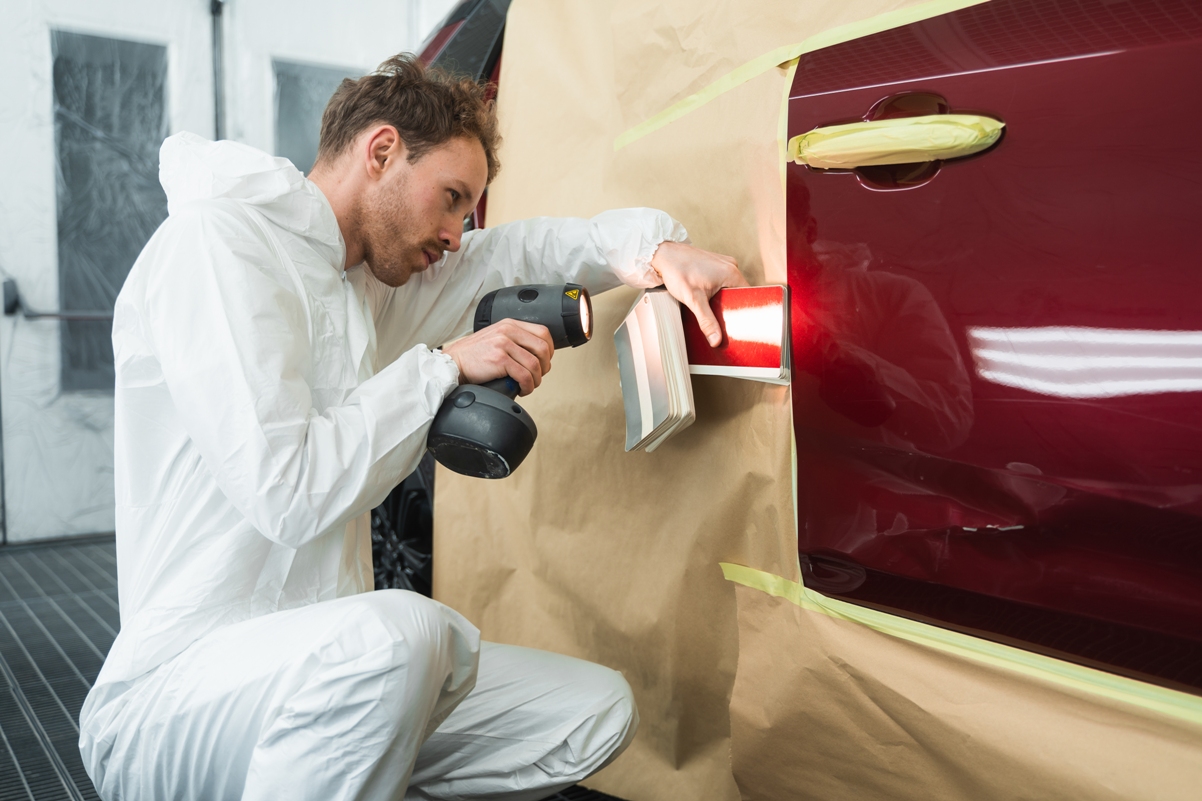Key Performance Indicators (KPIs) and metrics for a collision repair shop can help assess its efficiency, profitability, and customer satisfaction. Here are some important ones:
- Cycle Time: The average time it takes to repair a vehicle, from intake to delivery, can impact customer satisfaction and shop throughput.
- Repair Quality: Assess the quality of repairs through customer feedback, rework rates, and post-repair inspections.
- Customer Satisfaction: Measure customer satisfaction through surveys or reviews, ensuring a positive customer experience.
- Estimating Accuracy: Evaluate the accuracy of initial repair estimates to prevent cost overruns and unhappy customers.
- Touch Time: Measure the time spent on actual repair work, minimizing idle time and optimizing productivity.
- Labor Efficiency: Track the productivity of technicians and their billable hours to manage labor costs.
- Parts Management: Monitor parts procurement and inventory turnover to control costs and reduce delays.
- Revenue and Profit Margins: Track total revenue, gross profit, and net profit to assess the shop’s financial health.
- Work-in-Progress (WIP): Keep an eye on the number of vehicles in various stages of repair to avoid bottlenecks and optimize workflow.
- Comeback Rate: Measure the number of vehicles that return for rework, which can be a sign of quality issues.
- Technician Efficiency: Evaluate the efficiency of individual technicians to allocate resources effectively.
- Marketing ROI: Assess the effectiveness of marketing efforts in attracting new customers and retaining existing ones.
- Customer Retention: Track repeat business and customer loyalty to gauge the shop’s reputation.
- Environmental Compliance: Monitor adherence to environmental regulations and eco-friendly practices.
- Warranty Claims: Keep an eye on warranty claims and costs to ensure they are manageable.
- Employee Satisfaction: Employee morale and satisfaction can impact productivity and service quality.
- Safety Metrics: Evaluate workplace safety to prevent accidents and ensure compliance with safety regulations.
- Equipment Maintenance: Regular maintenance of repair equipment is crucial to minimize downtime.
- Insurance Relationships: Track the satisfaction and communication with insurance partners to streamline claims processing.
- Online Presence: Monitor online reviews and social media activity to manage the shop’s online reputation.

Customizing these KPIs to suit your specific collision repair shop’s goals and challenges is essential for effective performance measurement and improvement.



